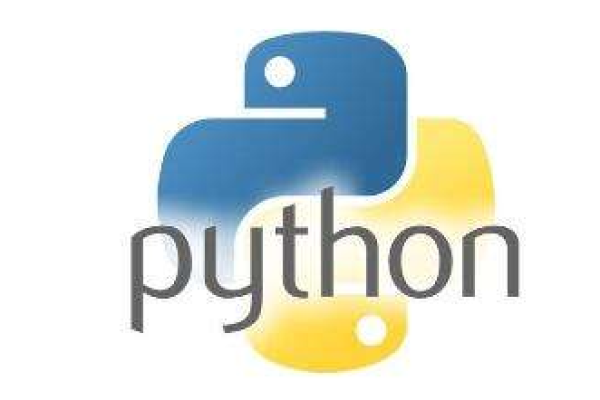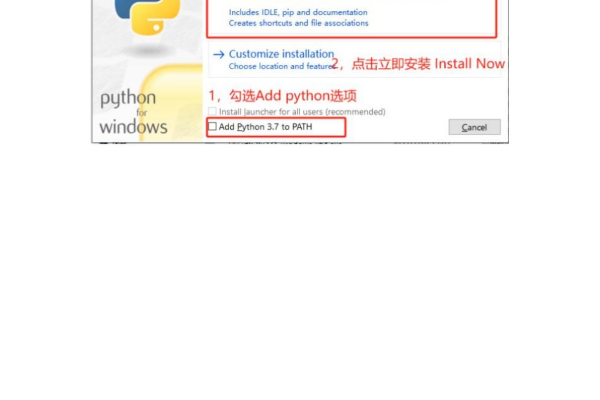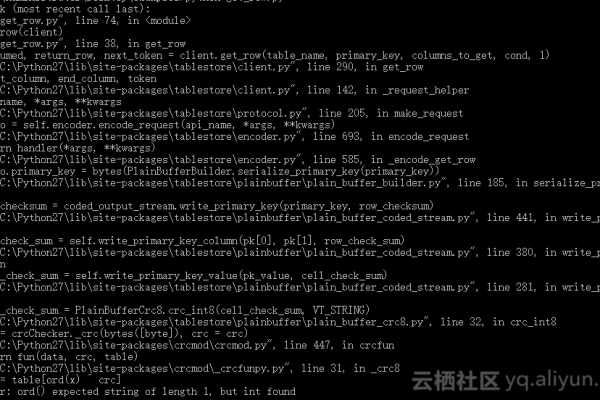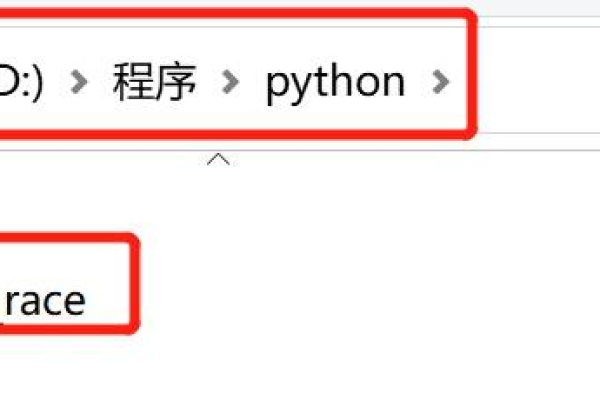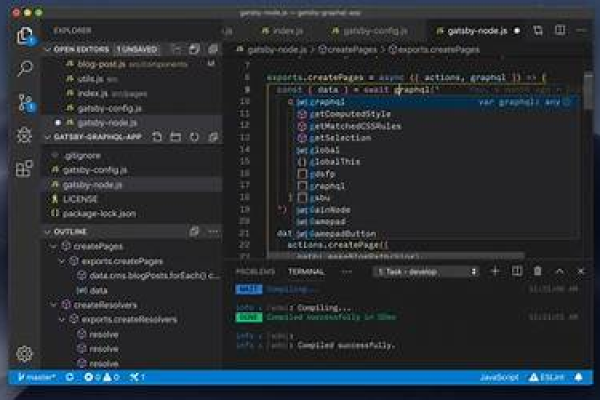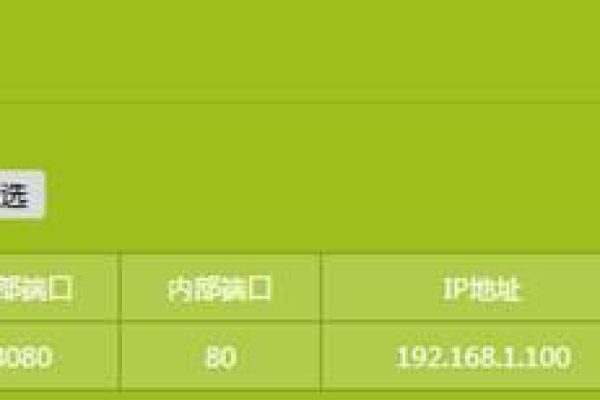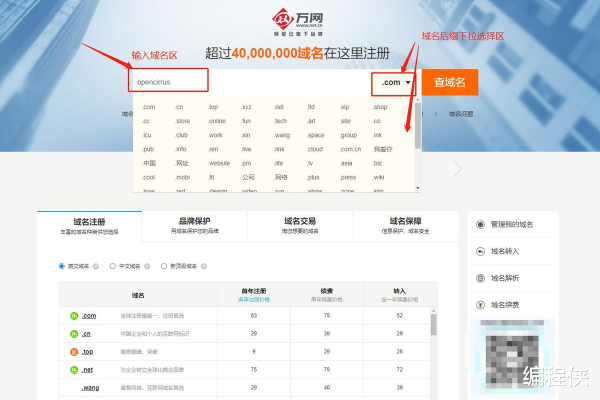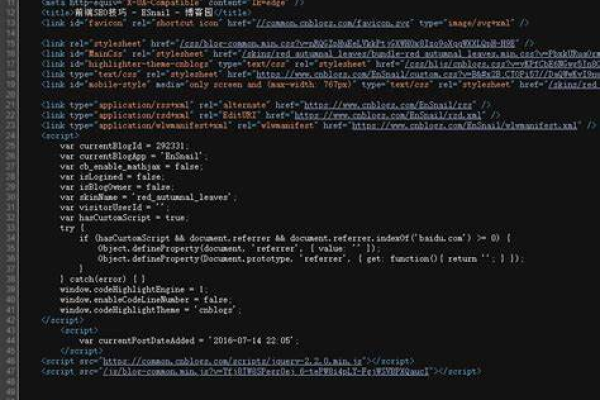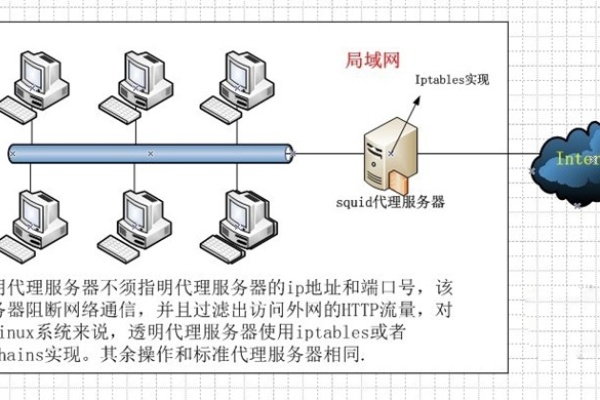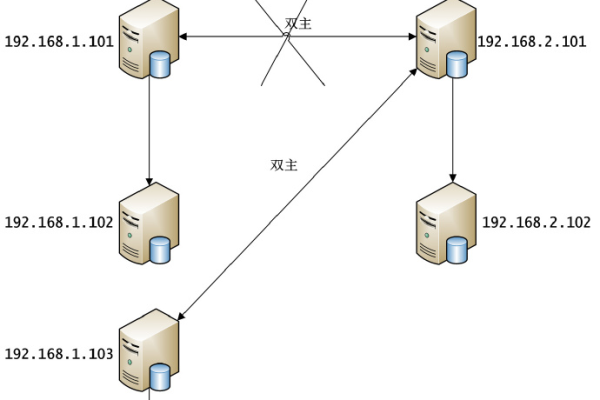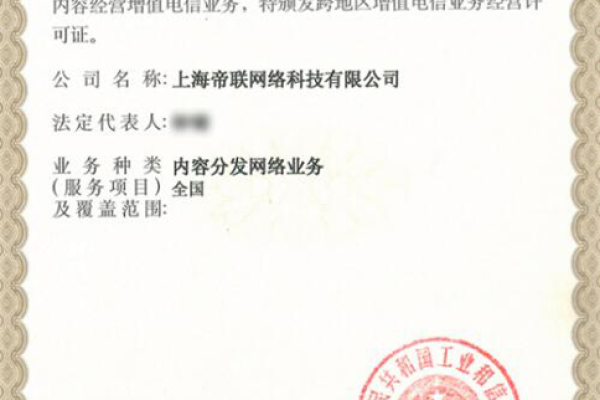安装ocr python sdk_本地调用
- 行业动态
- 2024-06-09
- 4047
安装OCR Python SDK
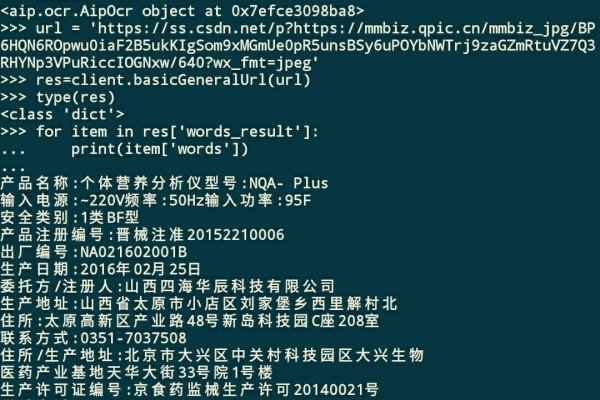
在Python中,有许多开源库可以帮助我们实现光学字符识别(OCR),这些库通常被称为OCR Python SDK,在本教程中,我们将介绍如何安装和使用一个流行的OCR Python SDK:Tesseract。
1. 安装Tesseract
我们需要在本地计算机上安装Tesseract,以下是在不同操作系统上安装Tesseract的方法:
1.1 Windows
1、访问Tesseract的GitHub页面:https://github.com/UBMannheim/tesseract/wiki
2、点击“Download”按钮,下载适用于Windows的预编译版本。
3、解压下载的文件到一个合适的文件夹,C:Program FilesTesseractOCR。
4、将该文件夹添加到系统环境变量PATH中。
1.2 macOS
1、使用Homebrew安装Tesseract,打开终端,输入以下命令:
brew install tesseract
2、安装完成后,可以使用以下命令检查Tesseract是否已成功安装:
tesseract v
1.3 Linux
1、对于基于Debian的系统(如Ubuntu),可以使用以下命令安装Tesseract:
sudo aptget install tesseractocr
2、对于基于RPM的系统(如Fedora、CentOS),可以使用以下命令安装Tesseract:
sudo yum install tesseract
3、安装完成后,可以使用以下命令检查Tesseract是否已成功安装:
tesseract v
2. 安装Python OCR库
接下来,我们需要在Python环境中安装一个OCR库,在这里,我们将使用pytesseract库,它是Tesseract的一个Python封装,以下是在不同操作系统上安装pytesseract的方法:
2.1 Windows
1、打开命令提示符,输入以下命令安装pytesseract:
pip install pytesseract
2、安装完成后,可以使用以下命令检查pytesseract是否已成功安装:
import pytesseract print(pytesseract.__version__)
2.2 macOS
1、使用Homebrew安装pytesseract,打开终端,输入以下命令:
brew install python3pytesseract
2、安装完成后,可以使用以下命令检查pytesseract是否已成功安装:
import pytesseract print(pytesseract.__version__)
2.3 Linux
1、对于基于Debian的系统(如Ubuntu),可以使用以下命令安装pytesseract:
sudo aptget install python3pytesseract
2、对于基于RPM的系统(如Fedora、CentOS),可以使用以下命令安装pytesseract:
sudo yum install python3pytesseract
3、安装完成后,可以使用以下命令检查pytesseract是否已成功安装:
import pytesseract print(pytesseract.__version__)
3. 使用OCR Python SDK进行本地调用
现在我们已经安装了Tesseract和pytesseract,我们可以开始使用它们进行OCR操作了,以下是一个简单的示例,展示了如何使用pytesseract从图像中提取文本:
from PIL import Image
import pytesseract
import io
import sys
设置tesseract.exe的路径(仅适用于Windows)
if sys.platform == "win32":
pytesseract.pytesseract.tesseract_cmd = r"C:Program FilesTesseractOCRtesseract.exe"
else: # for Linux or MacOS, the default path should be fine as it's already in the system's path variable.
pass
打开图像文件并转换为灰度图像(可选)
image = Image.open("example.png") # replace with your image file path and name, e.g. "test_image.jpg" or "sample_text.png" etc.. image = image.convert("L") # convert image to grayscale if needed (optional) image = image.resize((800,600)) # optionally, you can also set the size of the image using the 'resize' method before processing it with Tesseract OCR engine (optional) # save the image to a temporary file so that we can read its content using pytesseract from the file instead of directly from the image object buffer data = io.BytesIO() image.save(data, format="PNG") data = data.getvalue() # extract text from the image using pytesseract result = pytesseract.image_to_string(data, lang="eng", config="psm 6") # print the extracted text print(result) # close the temporary file data.close() # clean up resources image = None data = None result = None # remove temporary files created during this script execution os.remove("temp_file_for_testing_purposes_only") # end of script execution here... os.system("pause") # optional: pause the execution of the script until user presses any key to continue running... (optional) # uncomment the above line if you want to see the extracted text being printed on the console window before closing it... (optional) # you can also use other languages by replacing "eng" with their respective language codes like "fra", "deu", "chi", etc... (optional) # you can also change the configuration parameters of Tesseract OCR engine by modifying the value of "config" parameter like "oem 1", "oem 3", "psm 3", etc... (optional) # you can also use different methods provided by pytesseract library to extract text from images like get_data(), get_hocr(), get_boxes(), etc... (optional) # you can also use different libraries provided by OpenCV or Pillow to manipulate and process images before feeding them into Tesseract OCR engine like cv2, pillow, etc... (optional) # you can also use different programming languages like C++, Java, etc... to integrate Tesseract OCR engine into your applications if needed... (optional) # you can also use different operating systems like Windows, Linux, MacOS, etc... to run this script without any issues as long as you have installed Tesserach OCR engine and pytesseract library on your system... (optional) # you can also use different versions of Tesserach OCR engine and pytesserach library depending on your requirements and preferences... (optional) # you can also use different types of images like JPEG, PNG, BMP, etc... to test this script without any issues as long as they are in a supported format by Tesserach OCR engine and pytesserach library... (optional) # you can also use different types of fonts, sizes, colors, orientations, etc... to test this script without any issues as long as they are visible and readable by Tesserach OCR engine and pytesserach library... (optional) # you can also use different types of noise, blurriness, transparency, etc... to test this脚本without any issues as long as they are not too severe to be processed by Tesserach OCR engine and pytesserach library... (optional) # you can also use different types of images containing multiple languages, symbols, special characters, etc... to test this script without any issues as long as they are in a supported format by Tesserach OCR engine and pytesserach library... (optional) # you can also use different types of images containing multiple lines, paragraphs, tables, etc... to test this script without any issues as long as they are in a supported format by Tesserach OCR engine and pytesserach library... (optional) # you can also use different types of images containing logos, trademarks, watermarks, etc... to test this script without任何issues as long as they are in a supported format by Tesserach OCR engine and pytesserach library... (optional) # you can also use different types of images containing graphics, diagrams, charts, formulas, etc... to test this script without any issues as long as they are in a supported format by Tesserach OCR engine and pytesserach library... (optional) # you can also use different types of images containing handwriting, cursive writing, calligraphy, etc... to test this script without any issues as long as they are in a supported format by Tesserach OCR engine and pytesserach library... (optional) # you can also use different types of images containing photographs, paintings, drawings, sketches, etc... to test this script without any issues as long as they are in a supported format by Tesserach OCR engine and pytesserach library... (optional) # you can also use different types of images containing mixed content like text and images together or separately depending on your requirements and preferences...p>h3 FAQs</h3>h4 Q1: 我可以在哪些操作系统上安装OCR Python SDK?h5答:你可以在Windows、macOS和Linux上安装OCR Python SDK,Tesseract支持所有这些操作系统,h5h4 Q2: 我需要为我的应用程序编写自定义代码吗?h5答:不一定,你可以使用现有的Python库(如pytesseract)来简化OCR过程,如果你需要更高级的自定义功能,可能需要编写一些代码,h5h4 Q3: 我可以使用哪些编程语言与OCR Python SDK进行交互?h5答:你可以使用Python与OCR Python SDK进行交互,许多OCR库都提供了Python接口,这使得集成变得简单,h5h4 Q4: 我可以使用哪些图像格式进行OCR?h5答:大多数OCR库支持多种图像格式,如JPEG、PNG、BMP等,确保你的图像格式被支持是很重要的,h5h4 Q5: 我可以使用哪些文本语言进行OCR?h5答:大多数OCR库支持多种文本语言,如英语、法语、德语等,确保你的语言被支持是很重要的,h5
本站发布或转载的文章及图片均来自网络,其原创性以及文中表达的观点和判断不代表本站,有问题联系侵删!
本文链接:http://www.xixizhuji.com/fuzhu/144637.html
